Whether he liked it or not, Waylon Jennings was on the frontlines of the outlaw country movement in the 1970s and ‘80s. Jennings’ checkered past, cowboy tunes, and rough-around-the-edges demeanor all played into this edgy country subgenre. Other musicians we often associate with this “outlaw country” persona include Willie Nelson, Kris Kristofferson, and Johnny Cash.
Videos by American Songwriter
Despite this subgenre being a major part of his musical legacy, Jennings would later criticize the movement, pointing out its fallacies and naming several stars who should have never been called outlaw country musicians.
Waylon Jennings and His Outlaw Country Cohorts
Waylon Jennings helped usher in the outlaw country movement with his 1972 album, Ladies Love Outlaws. Four years later, Jennings released a compilation album with fellow “outlaw” musicians, Willie Nelson, Tompall Glaser, and Jennings’ wife, Jessi Colter. Audiences loved this rowdy contrast to the cleaner, more pop-oriented country of the time, and Wanted! The Outlaws made genre history as the first platinum country album. But in a 1988 interview with Spin, Jennings said the outlaw country label didn’t belong on everyone involved.
“My wife, Jessi Colter,” Jennings said, “now, she is about as much an outlaw as Mickey Mouse. As sweet as she is, it’s awfully hard to call her an outlaw. And the closest thing that Willie ever did to bein’ an outlaw is that he probably came to town and double-parked on Music Row.” To outlaw country’s credit, in a 1998 interview with DJ Johnson, Jennings gave Nelson a bit of rebellious credit when describing how he pushed back against the Nashville industry. “He ran to Austin. He did pretty good,” Jennings said. “You know, he just said ‘to hell with it.’ And that’s what I said. To hell with it. We were the ones that were trying to destroy.”
Another star Jennings was particularly close to, who had a similar outlaw country persona, was Johnny Cash. Jennings didn’t buy that, either. “I love Johnny Cash, and I respect Johnny Cash. He’s the biggest. He’s like an Elvis in this business, but he’s never been the rebel. John’s so inside you wouldn’t believe it. He used to do everything they wanted.”
If They Weren’t Outlaw Country, Then Who (Or What) Was?
Waylon Jennings might have been critical of whether his fellow musicians and friends deserved their outlaw country descriptor, but that criticism went both ways. “I didn’t label myself an outlaw,” Jennings told Spin. But he admits he allowed it. “I’ll tell you, when I first came there, they called me “the rebel.” I caused a lot of that, I did. But I did it through trying to survive. There was a time when they were tryin’ to fix it so I would have got to go back to the house and pull a cotton. They were shuttin’ doors on me everywhere.”
As for the transition from being Nashville’s “rebel” to a bona fide “outlaw,” Jennings said, “That was to merchandise and sell records.” After his label began pushing the compilation album, Wanted! The Outlaws, Jennings said he tried to kill the project. “There was a group called the Outlaws. A great group, and we probably sold some records on the strength of people thinkin’ it was that group, because it says Wanted! The Outlaws. I argued with them about it until we were about an inch away from them changing their minds. But it did work out pretty good.”
Whether or not Jennings fully believed in the outlaw country image, it certainly resonated with their audience. By the mid-1980s, pop-sensible mainstream country became the dominant, commercially successful subgenre. Still, the legacy of outlaw country lives on today, Mickey Mouse and all.
Photo by Everett/Shutterstock



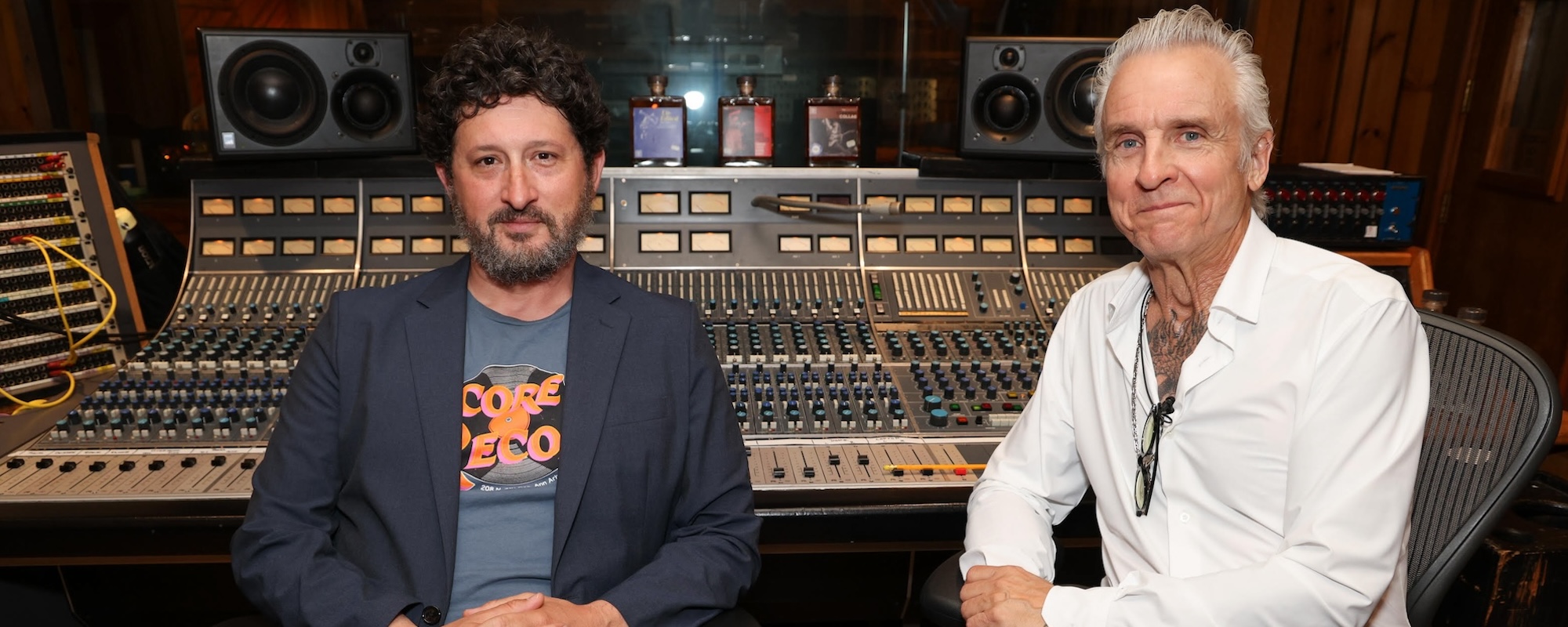
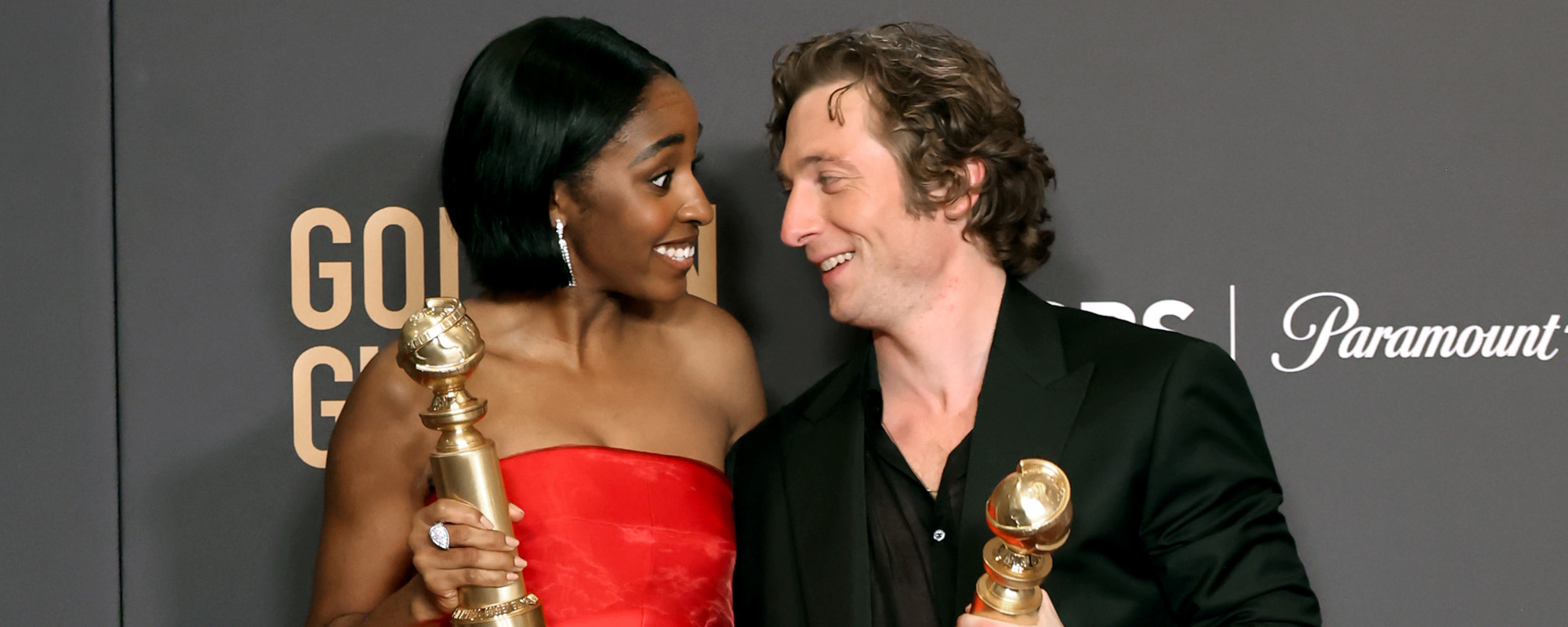
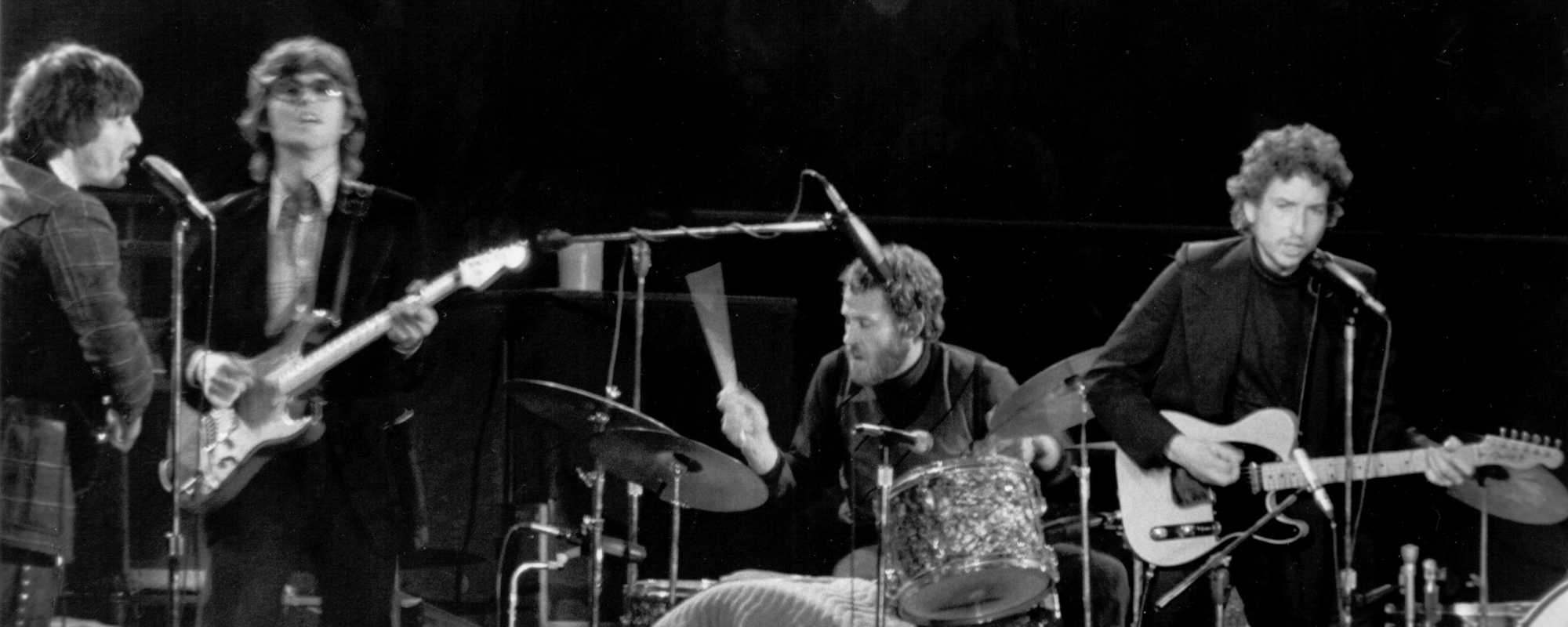
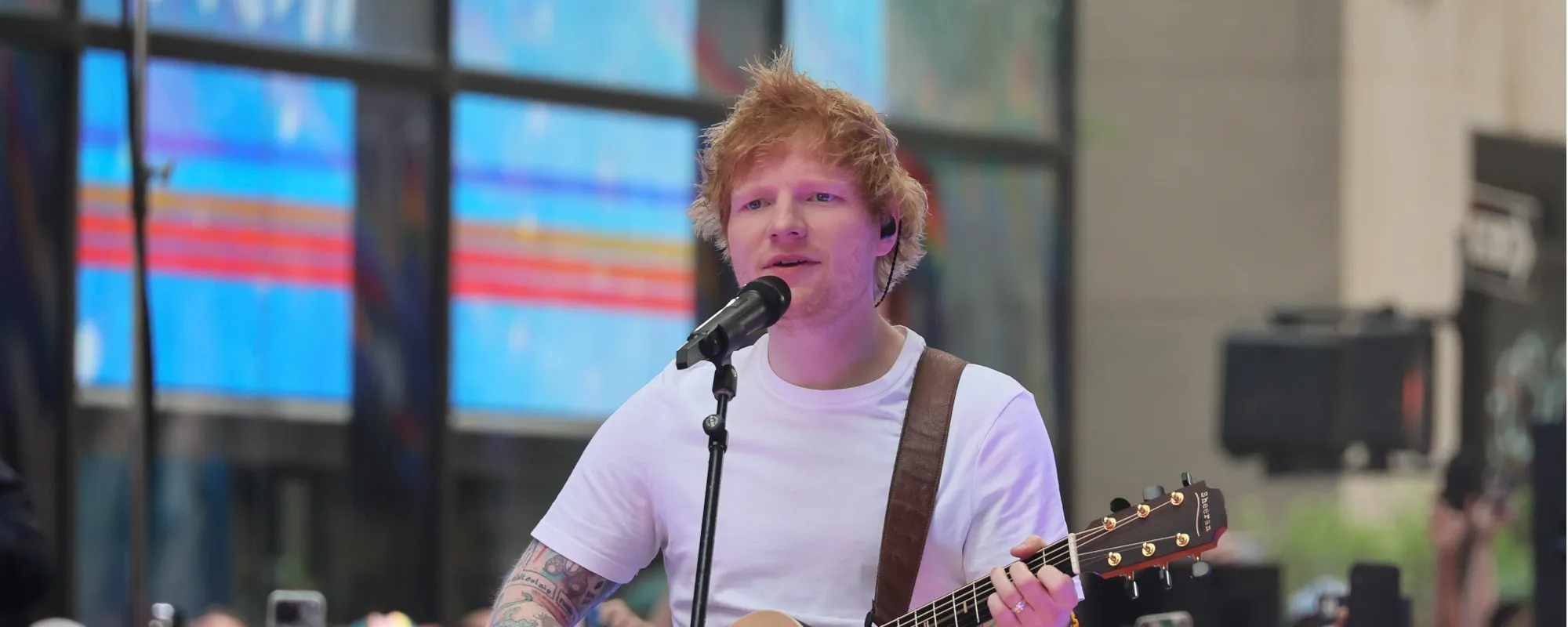


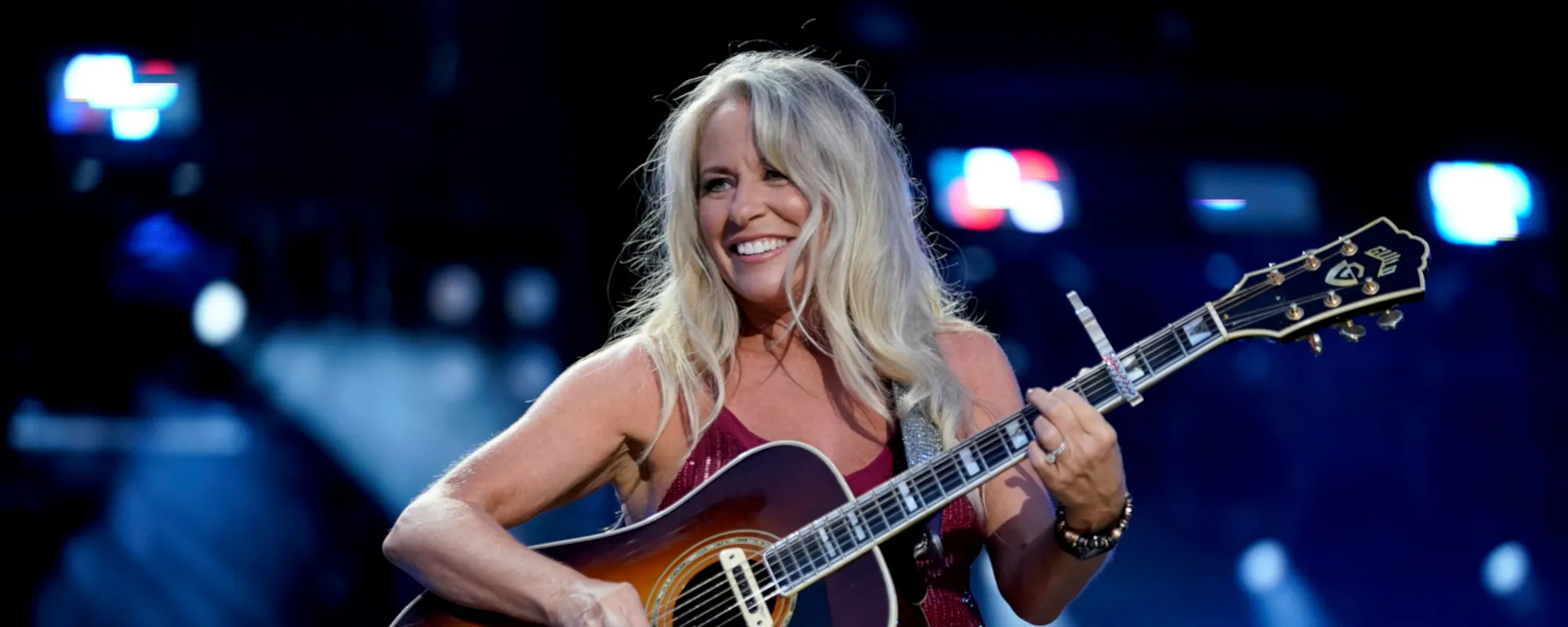



Leave a Reply
Only members can comment. Become a member. Already a member? Log in.